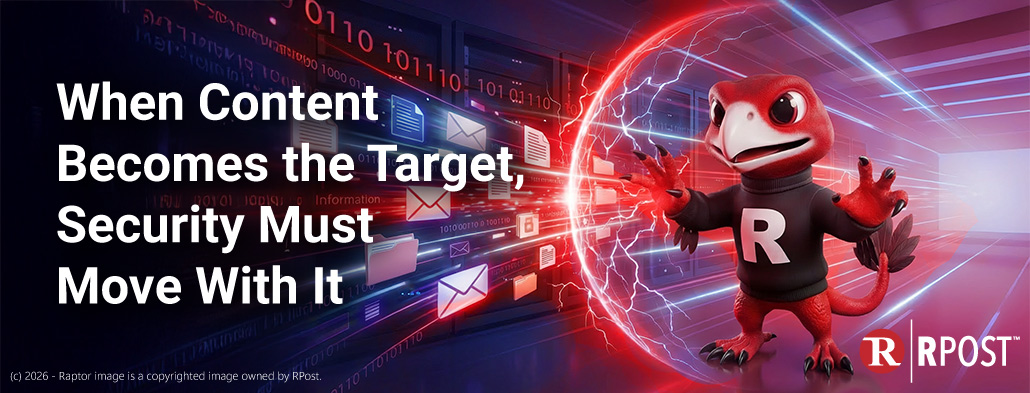
In the final part of our three part series on common misconceptions about email delivery, we’ll discuss a type of system that many attorneys use and believe can prove fact of e-delivery.
Some attorneys send (or advise clients to send) disclosure documents using a link-retrieval system. The recipient receives a link to download the document. A record of the delivery of the disclosure document generally would protect the sender in certain future disputes about what risks or transaction details were disclosed at the time of entering into the transaction (think TRID real estate disclosures, financing memorandum risk section disclosures, insurance coverage terms, etc.).
Would a timestamped record showing when the document was downloaded from the link-retrieval system serve as proof of delivery of the disclosure document?
It may. But what if there is a dispute later? When it counts, the link-retrieval download record may not stand up to scrutiny as it likely would not prove what content was in fact downloaded (and received), and it likely would not prove the download was completed successfully.
How can one reliably prove fact of sufficient e-delivery of a disclosure?
15 (b) Unless otherwise agreed between a sender and the recipient, an electronic record is received when: (1) it enters an information processing system that the recipient has designated or uses for the purpose of receiving electronic records or information of the type sent and from which the recipient is able to retrieve the electronic record; and (2) it is in a form capable of being processed by that system.
15 (e) An electronic record is received under subsection (b) even if no individual is aware of its receipt.
Similar to when mail is sent, the recipient is deemed to have “received” the email (regardless of whether the recipient retrieves the email), when it enters the recipient’s “information processing system” or server that the recipient uses to receive email.
When you need visibility of delivery, assurance or proof, or simply peace of mind, you should use an email tracking service that returns irrefutable proof while preserving the simplicity of standard email — and does not require recipients to click links, register for an account, or download software. Watch a video showing how RMail Registered Email™ e-delivery proof works.
“Tech Essentials for Florida Lawyers” explores emerging threats and trends in cybersecurity and recommends simple steps members of The Florida Bar can take to stay ahead of these threats.
.jpg)
February 13, 2026

February 06, 2026

January 30, 2026

January 23, 2026

January 16, 2026